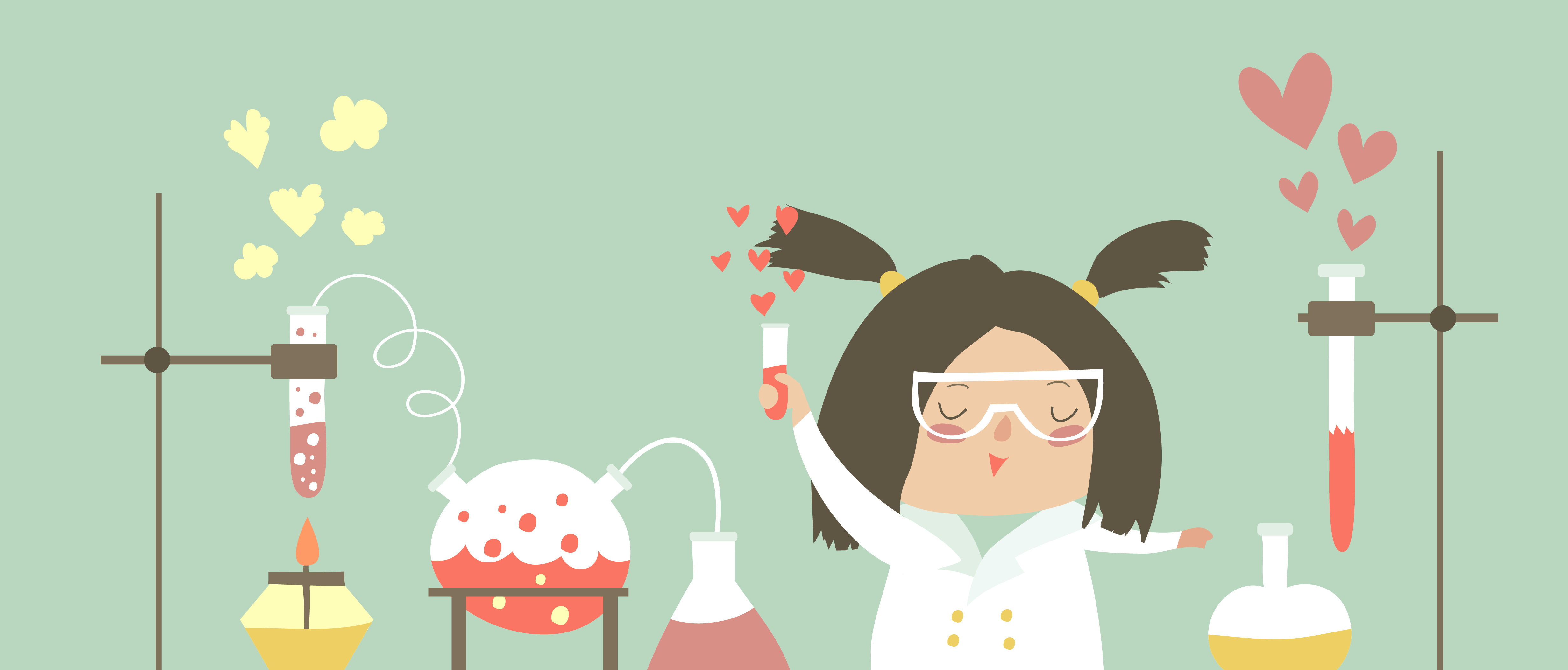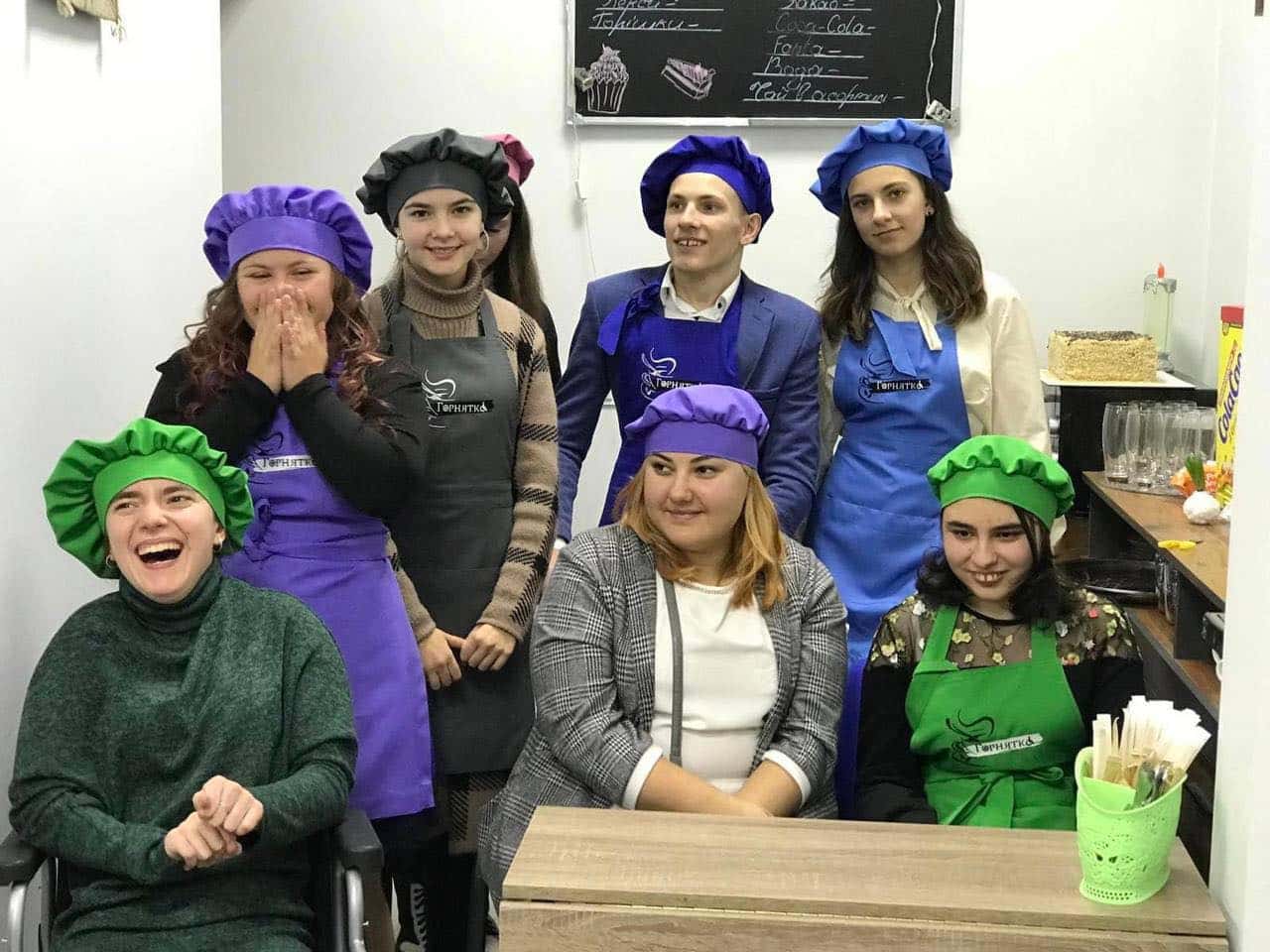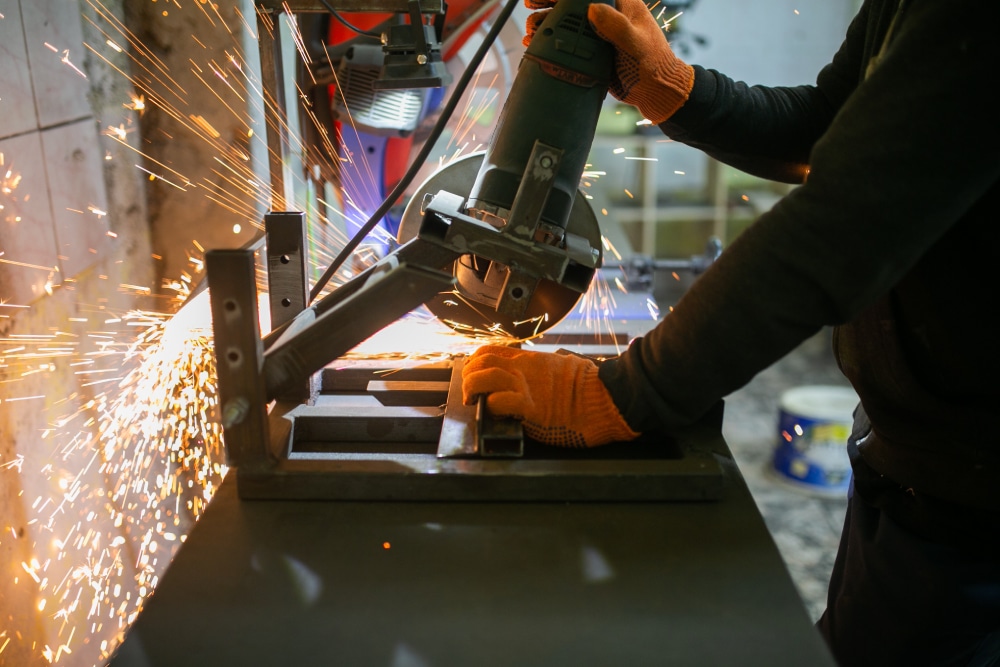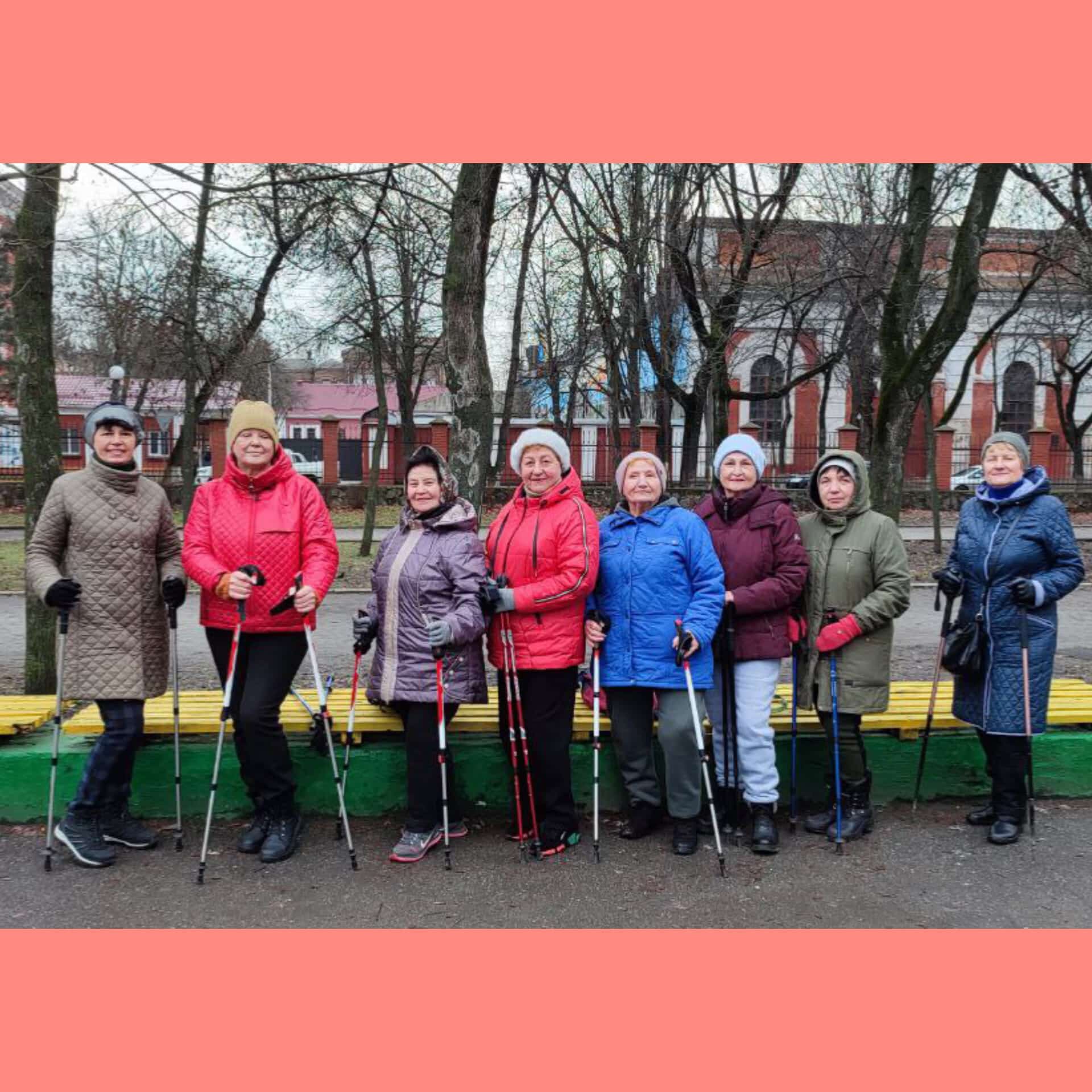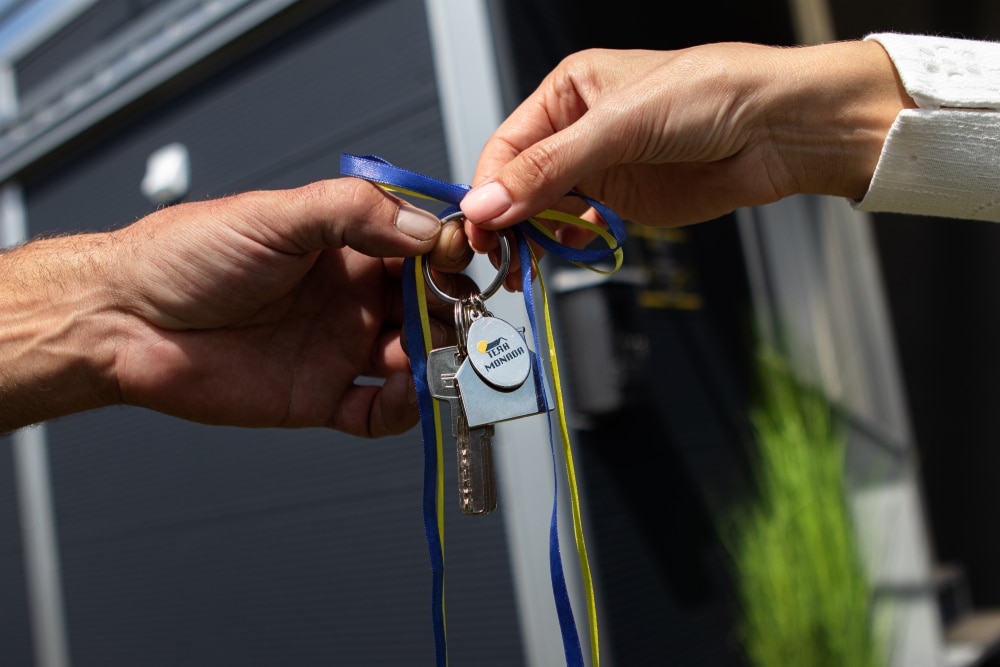Why do people do good deeds and is there a gene for altruism? Where does this need come from? What happens in the body at the cellular level when we do a good deed?
We sought answers from:
- cell biologist Olha Maslova
- cognitive behavioral psychotherapist Yevhen Piletskyi
Cell biologist, scientist and popular science communicator Olha Maslova
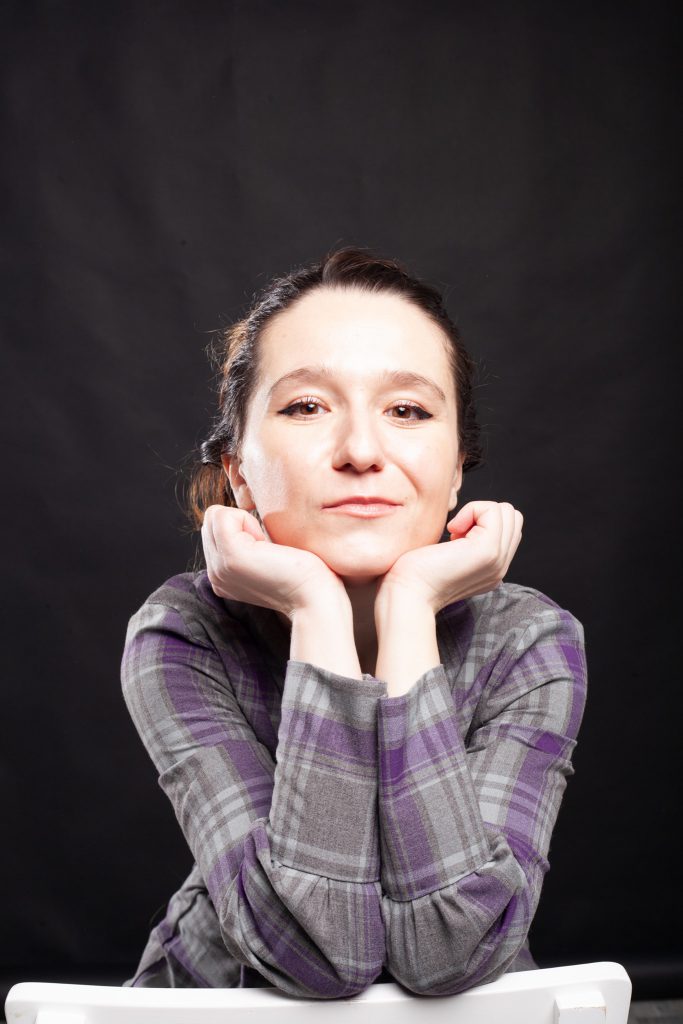
Why do people do good deeds in general?
Creating good for a person is quite natural. There are two motivational vectors. On the one hand, there are great emotions you feel from altruism, which is more pronounced in certain people. On the other hand, you get hidden benefits.
There is a high probability that we will be praised for good deeds. We strive for this and there is nothing bad or strange about it.
It is more important for some people to be told directly that they are good. For others, it is less important, so they can do good deeds quietly. Again, the former group of people should not be condemned for wanting to share their achievements and actions with society.
We don’t even think of calling such people flaunts
Of course. The evolutionary movement and the psychosocial stage when we are a society with high technology and advanced science, are connected, among other things, with the desire to be better, to feel our own significance. The latter, by the way, is one of the factors of longevity. People who feel self-importance have an inner incentive and motivation to live longer. They need fuel to maintain their hearth.
In general, people may have different levels of propensity for altruism and the need to feel social significance.
Is it about the gene of altruism? I thought it was a myth.
The gene for altruism does not exactly exist. But some polymorphisms – that is, gene variants – do ensure certain level of propensity for good deeds. But like with anything related to behavioral genetics, the wording needs to be chosen carefully.
Such things are a combination of the genetic base and the conditions in which we find ourselves in the process of development. Conventionally, a genetic test can provide additional information, but genes are definitely not something that will prevent you from philanthropy forever or will surely make you a generous person.
What happens in the body at the cellular level when we do a good deed?
Like with any complex act, there is no clear formula. This is usually a set of events that covers our “reward system” – that is, everything related to dopamine. It should be emphasized that it is not a matter of its number – as is often mistakenly said – but which receptors it binds to, how these receptors are constructed in a particular person. And this depends on its genetic preconditions…
We can say that the “reward system” is ignited, we feel good and this fuel helps us do something cool in a professional sense. In fact, there is a great snowball effect – we are doing a good job, we have necessary neurons ignited, and based on this energy, we can do some other good act to intensify this condition.
Why then all of us are not yet rushing to save the planet and humanity to increase the condition of pleasure?
Sometimes doing the first good deed is the hardest. If you have a period scarce of joy, you may not have enough resources, and in some cases the task of doing a good deed will add stress. A person keeps worrying and thinking how to do everything right, and may even get depressed. However, if after all the obstacles a person still does something good, he or she gets a sense of accomplishment, which feels very good!
Then not only the dopamine system – which is responsible for waiting for the act – can be activated, but also the serotonin system, which gives the joy of being in the moment. Moreover, if it’s something to do with social activity, oxytocin pathways can be activated. But, again, it’s a long way. It doesn’t happen that oxytocin increases, and we all start doing good deeds. The dopamine system is responsible for the expectation of action, and serotonin gives the joy of being in the moment.
What can hinder the desire to do good deeds?
There are many issues that may be related to philanthropy. For example, I sometimes sort things out and want to give them away to some nice person. But I understand that now I will take them somewhere, they will look at my things carefully, maybe there will be a stain somewhere… I know that these are my internal fears, but it often brings out unpleasant feelings and slows me down. So, when the Baskets of Good appeared where you can just throw things, the problem was solved for me. Now I feel joy and anticipation of this ritual, the element of stress is gone.
This, by the way, is a good remark – charitable organizations should take into account certain behavioral things and make philanthropy comfortable. Like in this case with baskets for you.
Everyone has their reasons to take action or give it up, everyone has something that may cause troubles. Some find it difficult to communicate with a certain category of people, some find it painful to look at animals in shelters, some cannot stand the topic of cancer.
In the process of learning yourself, you should be careful not to do bad things to yourself with altruism and not to distract yourself from good deeds.
This system works like this – we did something, we liked the result, and now we want to repeat it. If we only remember the pain that accompanies the process, we will deliberately create obstacles in our way and say, “Maybe I shouldn’t?” It is rightly said that everyone has their own format of good deeds.
Does the intensity of positive emotions depend on the format of philanthropy?
It depends on how a person’s brain sets a system of priorities, and it will have a gradation one way or another. Even if a person moved a plant into a flowerpot and thus saved it – by their strength, these emotions can be similar to the emotions from the contribution of UAH 50 to a charitable foundation.
There is a form of philanthropy when a person once a month transfers a certain amount of money to a specific organization, but does not see the immediate result of this act. It’s easier to get used to this – at some point it begins to be perceived as a routine, and the benefactor does not get a flash of sparks “Wow, I’m cool.” The background may sound “I’m a nice person,” but it’s perceived more as the work.
Another thing is when something happened spontaneously – for example, a person did not plan to save anyone today, and suddenly pulled the kitten out from under the wheels at the last moment. Here, in addition to the above, a person will receive additional adrenaline and will remember exactly this case. It will be easier to “re-activate” such emotionally rich memories at a sad moment when you need to recall something pleasant.
Are you doing good deeds? Which of your deeds you recall the first?
I try, but usually they come out to me by accident and as a by-product of something else. Once I was walking down Lukianivska Street in Tatarka (I recall the specific location for a reason), and a older man (I could not identify his age, though – either 45 or 60) was walking towards me. He was with a stick – it was clear that he was blind. The man addressed many, tried to touch and say something, but no one paid attention. I could not pass by and listened to him, and he just asked to bring him to where he lives. The buildings on Lukianivska Street – that’s why I recall it – stand on a hill, so some have gaps between the ground floor and the ground. A man lived in one of them. Of course, he had great health problems – it is difficult to be homeless, and to a blind homeless person is just a nightmare. So, I decided to help him.
For me, the topic of homelessness in general is very painful, because every time I think that everyone has their pricking story to tell.
Cognitive behavioral psychotherapist Yevhen Piletskyi
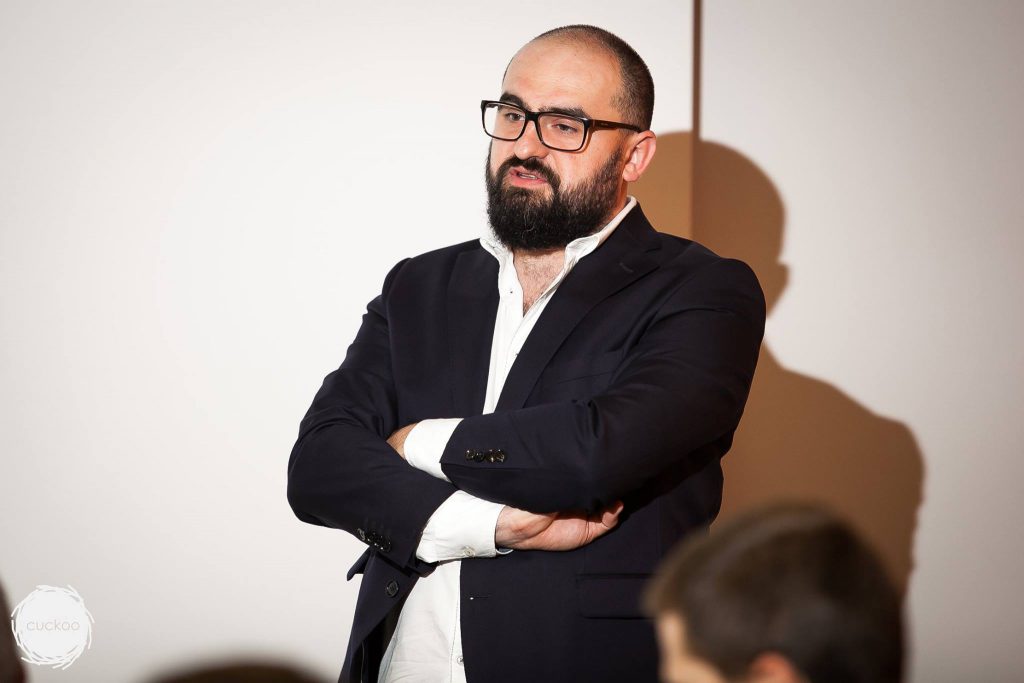
Why do people strive to do good?
Philanthropy is a part of our nature. Evolutionarily, we do not survive at the level of solitary individuals, but at the level of species.
To survive, we need special tools, including evolutionarily significant ones. Altruism plays a crucial role in this regard. The very need to do good, including sacrificing one’s life for the sake of another, is a critical property for humanity. That is why the phrase “only the strong survive” is not entirely correct. We are not able to exist alone.
Many believe in the existence of the altruism gene. What do you think about it?
It does not exist. We have a bizarre mechanism in mind that forces us to look for simple answers to complex questions all the time. And social behavior itself is a very complex set of strategies, patterns, tactics, and so on.
What happens to a person on a psychological level when they do good deeds?
When a person does a good deed, they receive a conditional reward – a “well done” tick in the head, which brings pleasure. It is important to understand that our most basic needs are related to biosecurity – food, warmth, safety, etc. – but they all seem to be shaped by the prism of social interaction.
Virtually all of our basic needs are tied to people in one way or another, so for us to be in society is a strict must.
When we perform pro-social actions, we improve our opinion of ourselves, our own position among people and their attitude to us, our mood rises.
Many people think that if you talk about your good deed – for example, on social networks – you are just showing off. It is like real good people keep their good deeds to themselves.
This is a religious norm, which is essentially a form of regulation of social behavior. And it does not always meet our real needs, because most still want others to know and approve of their actions.
From the very act of doing good, we get some buzz. For example, people who suffer from a disorder associated with a lack of empathy – the so-called antisocial personality disorder – do not care at all about the fact that they are not accepted by society. They just use people as a tool.
Conversely, if a person has a disorder associated with an excess of empathy – for example, borderline, when there is a constant emotional swing – does this mean that they are more inclined to good deeds?
I think there is no direct correlation. Even if they do good deeds, they will give them a different meaning.
This is very often the case, for example, with self-sacrifice, and is related to the theory of attachment. The person begins to impose good deeds. It is common to think that self-sacrifice is essentially an unfortunate sacrifice, but it is not.
An example is a grandmother who calls her granddaughter to eat. And when she doesn’t want to eat, a granny instantly becomes frantic and shouts: “How can you not want it? I tried so hard cooking it!”
The scheme of self-sacrifice follows a logic: “If I do you good, even by force, you will love me.” It is more like a disorder when there is an excess of good that is not needed. What is too much is unhealthy.
Do I get it right that a person does not do good only for good? All the same, there are some personal goals – subconscious or conscious.
The goal may be trivial to enjoy doing good.
Is it possible to improve the quality of your life with good deeds?
If it is within reasonable boundaries. Not when good comes with fists and persistent “old lady, do not resist, I will take you across the road.” Because it is a manipulation rather than doing good. In doing good, you need to be aware of the need of people you are doing good to.
Are you doing good deeds?
Yes, even right now, my brother’s family and I are making buns. That would seem a trifle, but it feels nice.

